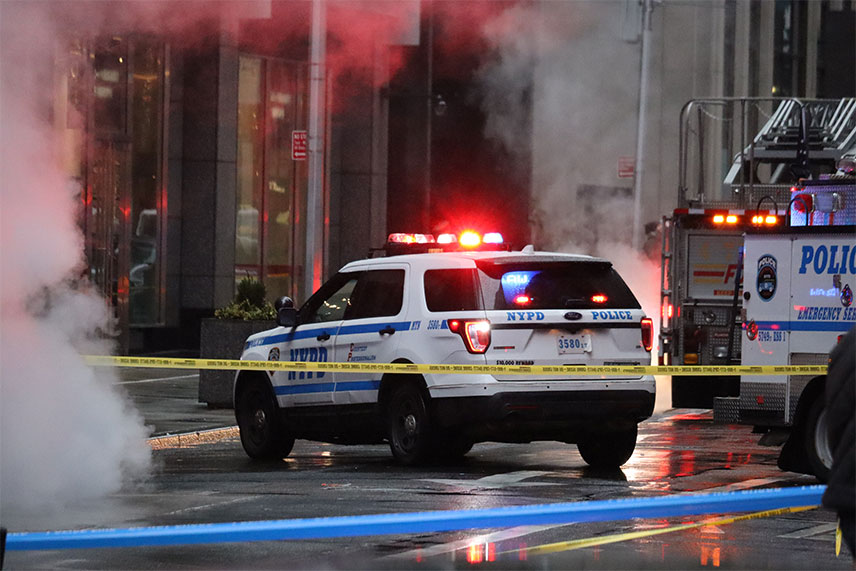First Responders often experience high levels of stress and trauma in the line of duty.
Exposure to traumatic events such as accidents, natural disasters, violence, and death has a huge impact on your mental health and wellness. As a first responder, you know that your exposure to these events is much more than the typical human will ever encounter in a lifetime. For anyone, that chronic exposure takes a toll; physically, mentally, and emotionally.
First responder culture has a long-held stigma against seeking help or acknowledging the extreme toll it takes. You are the one that protects and serves others, and when that belief becomes identity, it can be hard to ask for help. You deserve help and support.
I believe that the culture around the need to learn and practice wellness, talk about experiences, and support each other in first responders is finally shifting. We are seeing, with increasing speed, the toll that chronic and persistent exposure to trauma and stress is causing our first responders;
- PTSD and PTSI that causes anger issues, sleep disturbances including insomnia, nightmares, avoidance behaviors, emotional numbness, flashbacks.
- Depression that shows up as loss of interest in activities, fatigue, sleep disturbance, low sense of self, and feelings of sadness.
- Substance use that is used as a way to cope with the stress and trauma of the job.
- Anxiety or worry that shows up as hypervigilance, difficulty relaxing, feeling on edge, anger, or irritability.
- Sleep disturbances such as nightmares, difficulty falling or staying asleep, insomnia, or exhaustion from shift work.
- Physical symptoms such as chronic pain, gastrointestinal issues, headaches, and muscle tightness that occur from constant stress.
I can help guide you in building on your problem-solving abilities as a first responder for better coping strategies with stress, trauma, burnout, moral injury, anger, relationship difficulties, and sleep issues.
Utilizing therapy can have a significant impact on improving mental health and your overall quality of life.
Therapy can help you manage emotions and reactions through learning strategies and skills that can decrease depression, anxiety, or PTSD/PTSI symptoms. Therapy can help you improve your relationships by developing communication skills, boundaries, and resolving conflicts before they result in ruptures that are beyond repair. Therapy can help reduce stress and anxiety through learning grounding, mindfulness, or other relaxation techniques.
You can gain a deeper understanding of yourself and others through increased self awareness which can lead to improved self-esteem and confidence. Therapy can help you overcome past traumas and heal so that you can move on in life or get back to who you used to be (possibly even an improved version of yourself!).

Hi, I’m Katy.
Working with first responders is important and something I hold close to my heart.
I believe my skills in empathy, compassion, knowledge, patience and cultural competence and understanding of what first responders face in day to day life make me someone that can be trusted and counted on. It’s important that when you seek help, that the person you work with ‘gets it’.
Counseling Services
I offer support for first responders in Eugene, Oregon and virtually for all of Oregon, Wisconsin and Washington.

First Responders
I am a culturally competent clinician with experience working with first responders (police, fire, corrections, EMTs, medics, and dispatchers). I offer guidance and help with developing effective skills to manage and cope with anxiety, burnout, moral injury, trauma, substance use, depression, sleep issues, and relationship difficulties.

Consultations & Trainings
I provide consultation and education on a variety of mental health topics as well as implementing the use of the Alpha-Stim device for managing symptoms of anxiety, depression, and insomnia. I am ICISF trained in the CISM model to provide individual and group crisis response for critical incidents and debriefings for agencies.
Overcome Your Challenges With Counseling
To get started or learn more about how therapy can help, please reach out for a consultation or availability.
